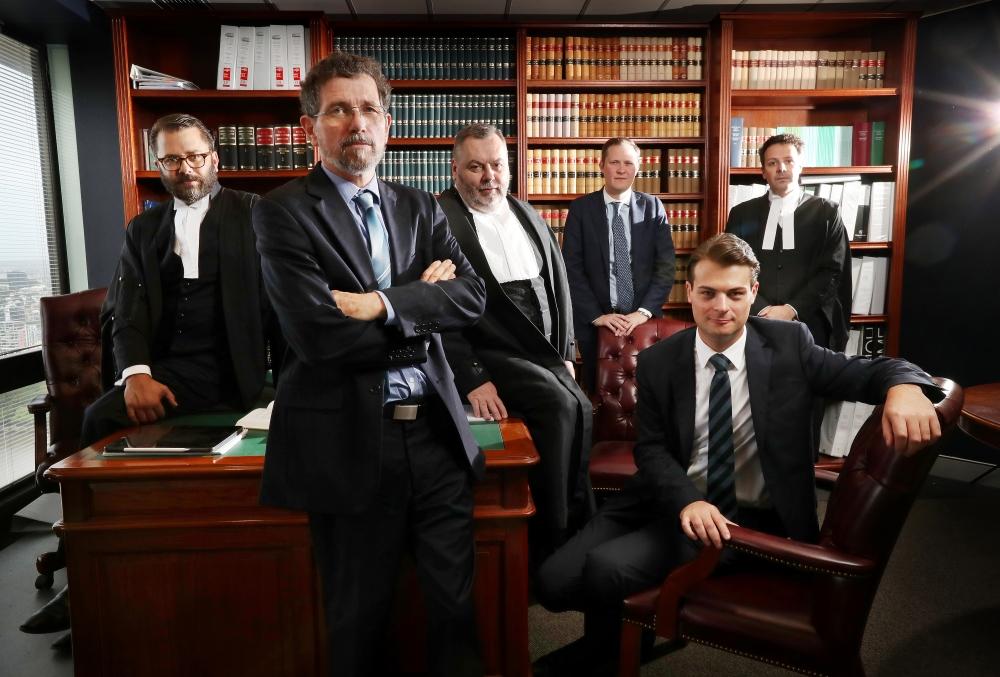Marine geophysicist and Great Barrier Reef (GBR) expert Peter Ridd has lost his appeal to the Australian High Court, which determined that his sacking from James Cook University (JCU) was not a violation of his right to intellectual freedom.
Ridd was fired in 2018 after he questioned the quality and reliability assurance processes of his colleagues in their coral research, and called the Australian Institute of Marine Science and other GBR scientific institutions “untrustworthy” in an interview with the media.





